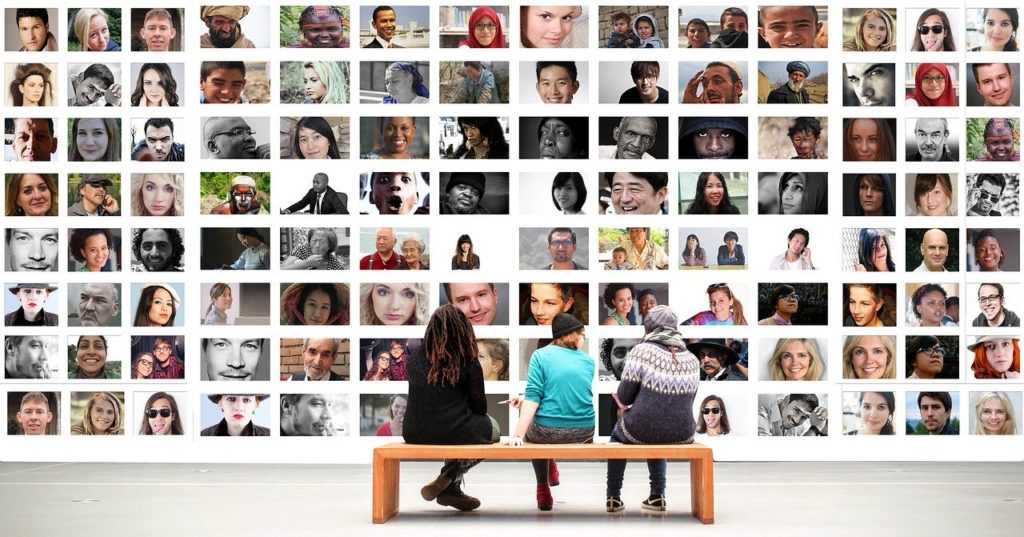
The tragic deaths of George Floyd, Breonna Taylor, and numerous others have cast light on the systemic racism experienced by the Black Community in our country today.
As our society reckons with these tragedies, and the conversations they have renewed, we at IQS Research believe everyone should use this moment to reflect, educate ourselves, and act. The current moment calls for nothing less; silence and inaction perpetuate the systemic racism, discrimination, and inequity that contribute to these tragedies.
As a research company with a focus on understanding social issues, we believe that we have a unique perspective and responsibility in this moment.
From our perspective, we see the data—and the data consistently paint a picture where Black Americans are disadvantaged. In our own research, we’ve seen racial inequity in economic opportunity, support at work, and perceptions of equitable treatment. The numbers speak for themselves:
Inequity in economic opportunity for Black individuals
– Black/African Americans are nearly three times as likely to live in poverty as White residents in Jefferson County, Kentucky (31% vs. 12%; source: U.S. Census Bureau)
– The median income of White households is 1.9 times that of Black households in Lexington, Kentucky (White = 61, 575; Black = 32, 384)
Inequity in work experiences for Black individuals
– In our research on Black women’s experiences in the workplace, 91% of Black women indicated that they face unique challenges in the workplace, with 88% of them calling out issues like racially based pay inequity and lack of opportunity
– In a recent diversity, equity, and inclusion (DE&I) assessment we conducted, 81% of White males felt their managers treated all employees fairly in comparison to only 67% of Black females who felt similarly
– In another DE&I study we conducted, we found that many Black employees felt uncomfortable in their previous year at work because of their race: one in four Black employees indicated this was the case for them in comparison to only 5% of white employees
Inequity in perceptions of treatment
– In a study we conducted in Louisville, 47% of minority residents felt that police officers do not “treat all people fairly and equitably,” whereas only 23% of white residents shared a similar perception
The figures above call everyone to examine how we got here and what we can do to achieve racial equity. For us, this includes how we conduct research, how we work with clients, and how we manage our internal relationships. As researchers, we will:
– Seek to further remove unconscious bias that can influence data collection and interpretation in our own work
– Continue to be a vehicle for the voices of those who are too often left out of “the conversation”
– Provide clarity around complex issues, even when it is difficult for us or our clients to accept
– Work with other leaders to confront difficult issues, working through the obstacles that hold back organizations and communities
Looking ahead, our commitment to integrity, honesty, and inclusivity in all that we do remains steadfast. We will continue to conduct rigorous DE&I research, we will be honest with our clients about the findings, and we will use workshops and other tools to help our clients create equity in their work environments. Moreover, we will continue to draw attention to the opinions of marginalized groups—including women and non-gender binary, LGBTQ+, Latinx, and physically disabled individuals—who are often left out of critical discussions.
Inclusion requires a conscious choice to recognize and understand people who don’t look like us. Lasting change will only come through challenging long-held beliefs—changing how we act and interact with each other.
The purpose of research is to enable change.
We will create change by taking these steps, having the difficult conversations, creating lasting change, and we won’t quit until equity has been achieved.
———-
If you are trying to learn more for your own personal understanding, we recommend the following relevant resources to get started.
– White Fragility
– How to Be an Antiracist
– Journeys of Race, Color, & Culture: From Racial Inequality to Equity & Inclusion
– Code Switch (Podcast)
– Embrace Race (Nonprofit group; like them on Facebook via the handle: “weembracerace”)




